In 1983, V first debuted as a mini-series. It chronicled the story of alien visitors who arrive on Earth in motherships; they look like us, they talk like us, and they say they are of peace. A group of humans learn of their true plans — and their concealed reptilian skin — and lead a resistance against them. Years after this series ended, I watched it on DVD many times with my sister. As a young science fiction fan, I loved the concept.
In 2009, ABC rebooted the show. Twenty-nine motherships descend from the skies, and Anna (Morena Baccarin) announces the existence of extraterrestrial life to the world. As always, they come in peace. The series follows FBI Agent Erica Evans (Elizabeth Mitchell), who learns the truth about the Visitors early on and recruits others to help lead a methodical resistance against Anna.
While it does have some shortcomings, I like this new incarnation of V. Unfortunately, it was canceled by ABC after its second season. The season two finale did not properly conclude the show, as many storylines were left up in the air. It’s always disappointing when a show you’re invested in is canceled before the writers can finish it.
I rewatched V while I had some time during this pandemic, and it was abundantly evident to me that this show deserved to have a proper conclusion. From watching the behind-the-scenes features for the two seasons, it’s clear the writers didn’t know they would be canceled. They were preparing for many more seasons. However, there were also some big reasons why V was no longer financially viable for ABC; creative decisions were made on the pilot that may have doomed it from the start.
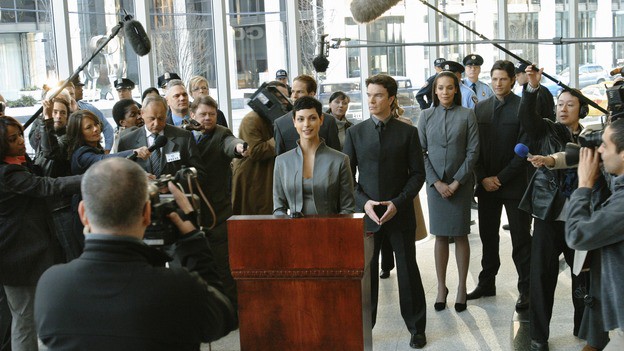
What makes V as strong as it is, in my eyes, is that it is a war between two mothers. As Erica works within the FBI, and secretly in the resistance group known as the Fifth Column, she is doing everything she can to protect her son Tyler (Logan Huffman). Anna, however, is luring Tyler closer and closer to her. She has pulled the strings so that Tyler would fall in love with her daughter, Lisa (Laura Vandervoort), as part of her master plan.
As the series goes on, however, you see an intersection in their character arcs. The Vs are not supposed to feel any human emotion, as Anna perceives it to be an evolutionary weakness. From her time with Tyler, Lisa develops human emotions, and is drawn to Erica as the mother figure she doesn’t have. Due to his love for the Vs, Tyler becomes increasingly distant from Erica, and sees Anna as more of his family. In the process, he becomes rather devoid of emotion.
It’s through this that the series explores what fundamentally makes us human. What is it about humans that separates us from every other animal on the planet? As the show says, it is our deep capacity for emotion: to feel, to empathize, and to express love. This makes us more powerful than the Vs could ever be, and that is the true war that is being fought.
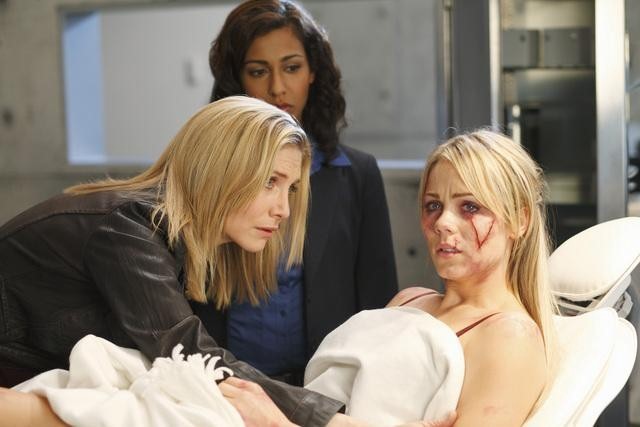
V isn’t a perfect show. Watching it this time around, a lot of the dialogue stands out as being rather clunky and exposition-filled. Some logistical issues don’t make much sense.
Agent Evans and Kyle Hobbes, who is the most wanted man in the country, are working together in the Fifth Column, and Evans’ cover can’t be blown. So why on Earth would they be hanging around together in public for anyone to see, especially when Hobbes’ face is all over the news? Why is it that the Vs, who have highly advanced technology, have drones that only capture infrared images instead of capturing actual video footage, which conveniently allows them to not know the faces of the Fifth Column members? Why do the Vs speak English in private and not their native language?
There are a bunch of little things like this that take away from the show’s verisimilitude. It’s unfortunate, because the show takes a lot of steps in rooting the series in realism. It very much takes on a post-9/11 approach, with Anna using the media to paint the Fifth Column as a terrorist organization. In many respects, this does feel like what would happen in our real world if aliens were to descend upon us in this fashion. Then, something small happens that just doesn’t make any sense and it ruins the realism.
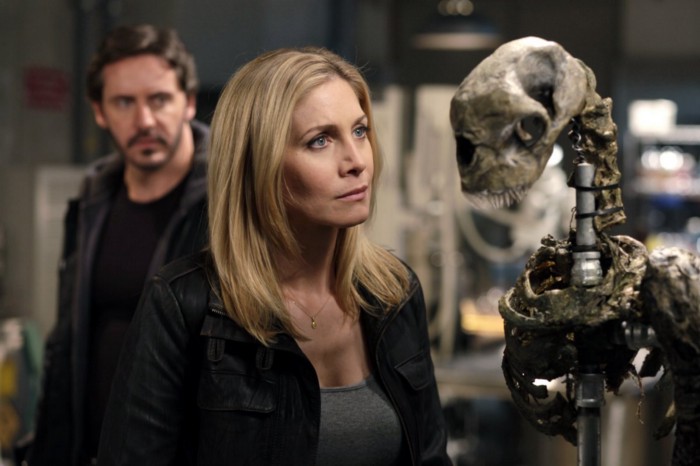
V was building and building for two seasons, slowly revealing all of these details that were just starting to give us a sense as to what the Vs’ master plan is. Then, the show was canceled without any resolution. What it comes down to is that V was not getting high enough ratings to justify the cost to make it, and this was an expensive show to make. At the time, it was one of the biggest visual effects shows on television.
If you watch the behind-the-scenes features, they go into just how much of the show involves computer graphics. What ultimately doomed the show, I believe, is a creative decision they made with the pilot. They decided that instead of building practical sets for the interior of the motherships, or using a combination of practical sets and CGI, that they would use entirely green screens. At least half of every episode takes place on the mothership. In the features, they make their case for this decision, mainly that it gave them the flexibility to visit many different parts of the ship.
I understand the decision, but what this meant was that the visual effects costs were exponentially increased. Had they built some practical sets in the beginning and enhanced them with CGI, the cost would be mainly upfront. They’d then have those sets to use for the entire series. With the exclusive use of green screens, they had to create the same locations every episode and pay an extraordinary amount of money to animate these scenes. Once V decided to go with all green screens, it wasn’t something they could go back on later down the line.
The amount of visual effects in the show ultimately sank it. It is true that if the show had far more viewers that the cost for the effects would have been justified, but the showrunner and producers needed to be realistic in keeping the effects cost within reason. The show only became more expensive to produce, and with the size and scope of the show exponentially growing over the second season, it became clear it wasn’t going to be any smaller. Without any time to properly wrap up the show, ABC canceled it.
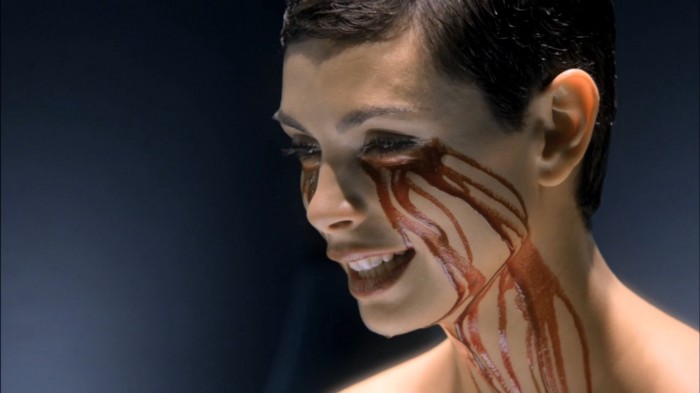
Things may not have been any different, but I do think there could have been a chance for V to at least have a third season to wrap everything up properly had the effects costs been cut. Had the show invested early on in practical sets, a lot of subsequent costs would have been greatly mitigated. The show may not have gone on for four or five seasons like the writers were thinking, but it may have gotten them a third season. With a third season, knowing from the beginning it would be the last, the writers could have created a satisfying conclusion to a show that certainly has fans around the world.
V is a show that came out in a transitionary time in television. Today, there are a lot of shows that have the same budget as V, if not even bigger. However, a lot of these shows are on streaming services. With monthly payments coming into these services, they have more money to spend on programming than cable stations do. V would have flourished as a Netflix series, but because it came out on ABC, it just wasn’t sustainable.
I hope at some point down the line we see V again in one form or another. I think V would work great as a movie, since we’ve already seen it a couple of times on television. There, you would have more of the resources and the ability to do the effects properly. Until that time comes, at least we have the original miniseries and the 2009 reboot to watch and rewatch.
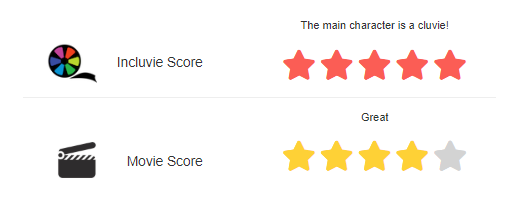
Author: Nathanael Molnar, originally published [6/8/2020]
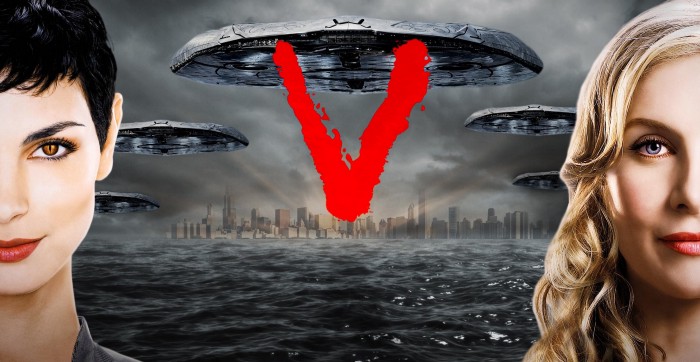
Comments